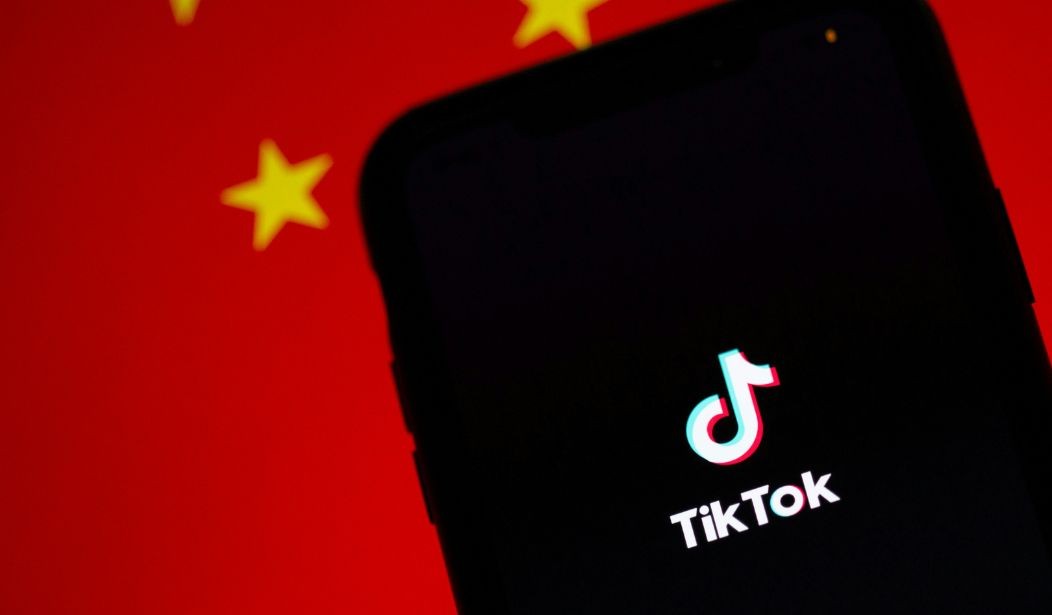On Wednesday, President Joe Biden signed into law a foreign aid package that also included legislation aimed at Chinese-owned ByteDance's popular video-sharing app, TikTok. Under the new law, ByteDance must divest the app within a year, or it will be banned throughout the United States. ByteDance has nine months initially to finalize a deal, which expires on January 19, one day before the end of Biden's term, with the possibility of a three-month extension if progress is demonstrated.
According to TikTok spokesperson Alex Haurek, the company plans to challenge the law's constitutionality in court.
In a statement, Haurek said:
As we continue to challenge this unconstitutional ban, we will continue investing and innovating to ensure TikTok remains a space where Americans of all walks of life can safely come to share their experiences, find joy, and be inspired.
In a video posted to the platform on Wednesday, TikTok CEO Shou Chew said:
Make no mistake, this is a ban. A ban on TikTok and a ban on you and your voice.
With the clock now ticking for TikTok, the parent company says it prefers to see the app banned rather than divest if its legal efforts to overturn the legislation fail. Four sources close to the parent company told Reuters that ByteDance views TikTok's algorithms as crucial to its overall operations, making a sale of the app with these algorithms highly improbable.
Despite TikTok's relatively small contribution to ByteDance's total revenues and daily active users, the company would opt for a U.S. shut-down over a sale to an American buyer in a worst-case scenario. The sources, who spoke on condition of anonymity reported that a shut-down would have minimal impact on ByteDance's overall business while allowing it to retain control over its core algorithm.
The app is reportedly used by 170 million Americans and has become a source of debate over national security concerns on Capitol Hill. Although ByteDance had high-paid lobbyists from prominent Washington firms and enlisted former Obama officials as consultants and advisers, its collective $27 million lobbying efforts since 2019 culminated in a failure.
Speaking to Politico about an interaction with TikTok's general council, Jim Lewis, a tech expert and former diplomat, said that the company believed they would come out unscathed by Washington's scrutiny.
Lewis, senior vice president at the Center for Strategic and International Studies, said:
They thought they were Mark Zuckerberg, except they weren’t American.
The infamous Chinese Spy Balloon flying through U.S. airspace in early 2023 may have been the final nail in TikTok's coffin, giving Americans a tangible image of privacy invasions and national security violations. Rep. Michael McCaul (R-TX), chair of the House Foreign Affairs Committee, began labeling the app as a "spy balloon in your phone."
Despite a failed attempt to ban TikTok in 2020 that was overturned in courts, the app's future remains uncertain. ByteDance's stance against selling its prized algorithm technology makes the divest-or-ban law more likely to result in a U.S. shutdown of TikTok.
Read More:
Trump Warns Voters, 'Especially the Young People,' About Biden's Plan to Ban TikTok
BUSTED: Biden Administration Misled About the Chinese Spy Balloon Not Transmitting Data












Join the conversation as a VIP Member